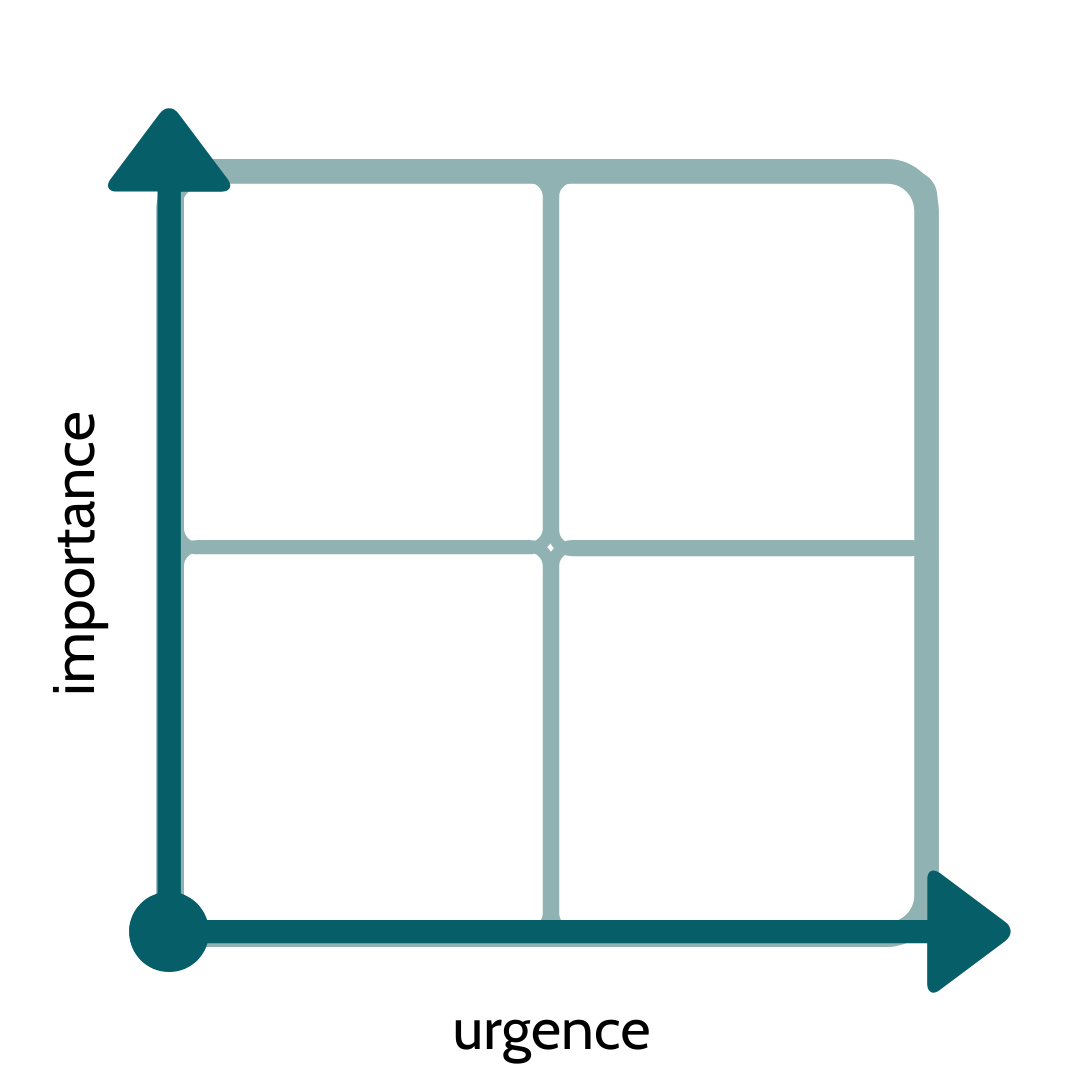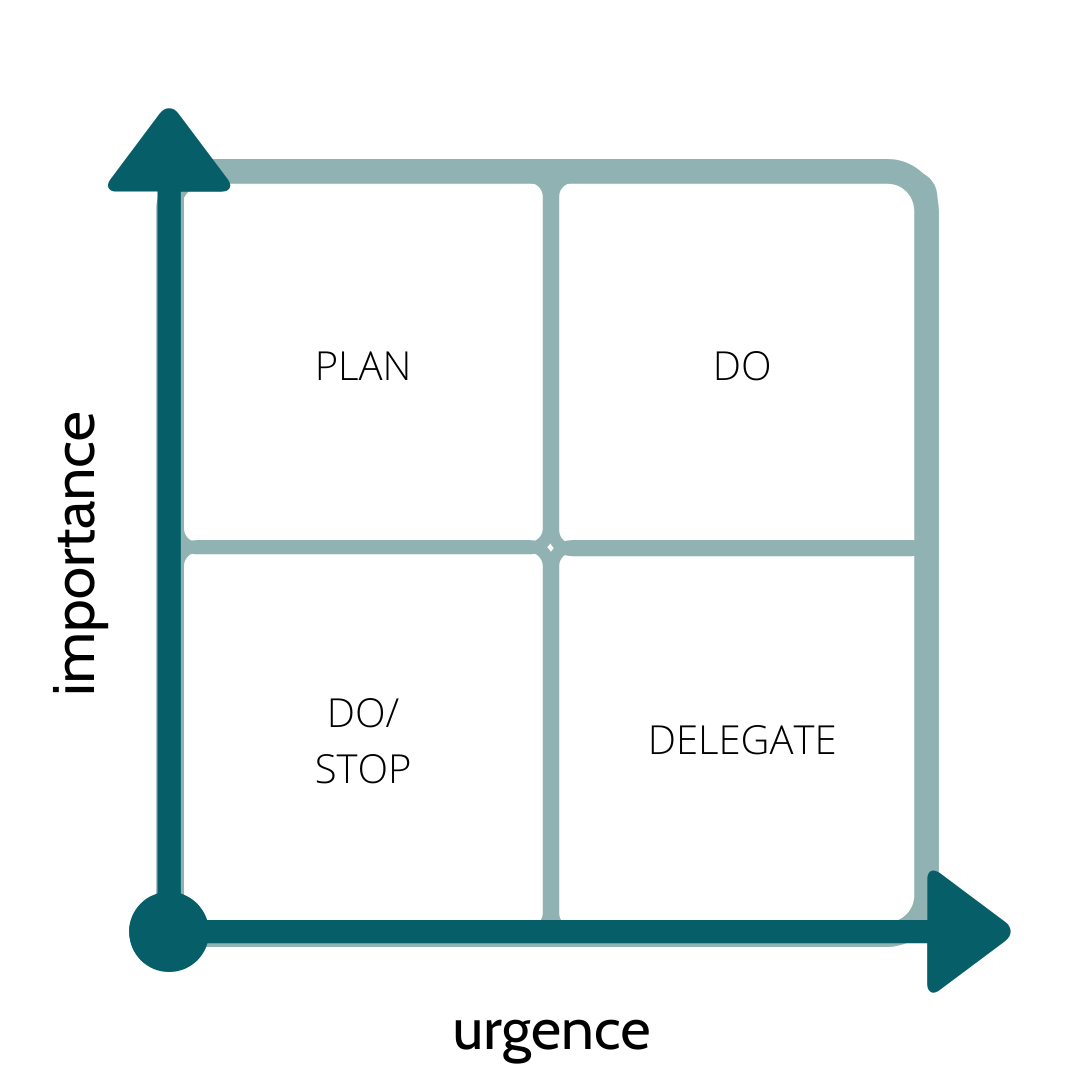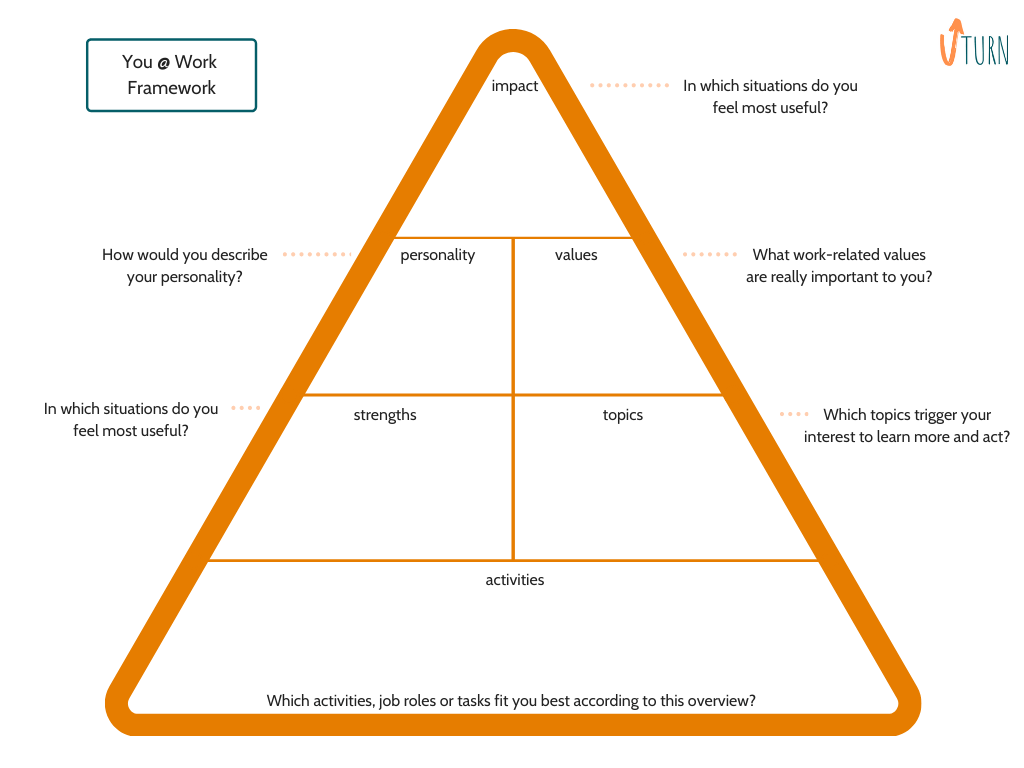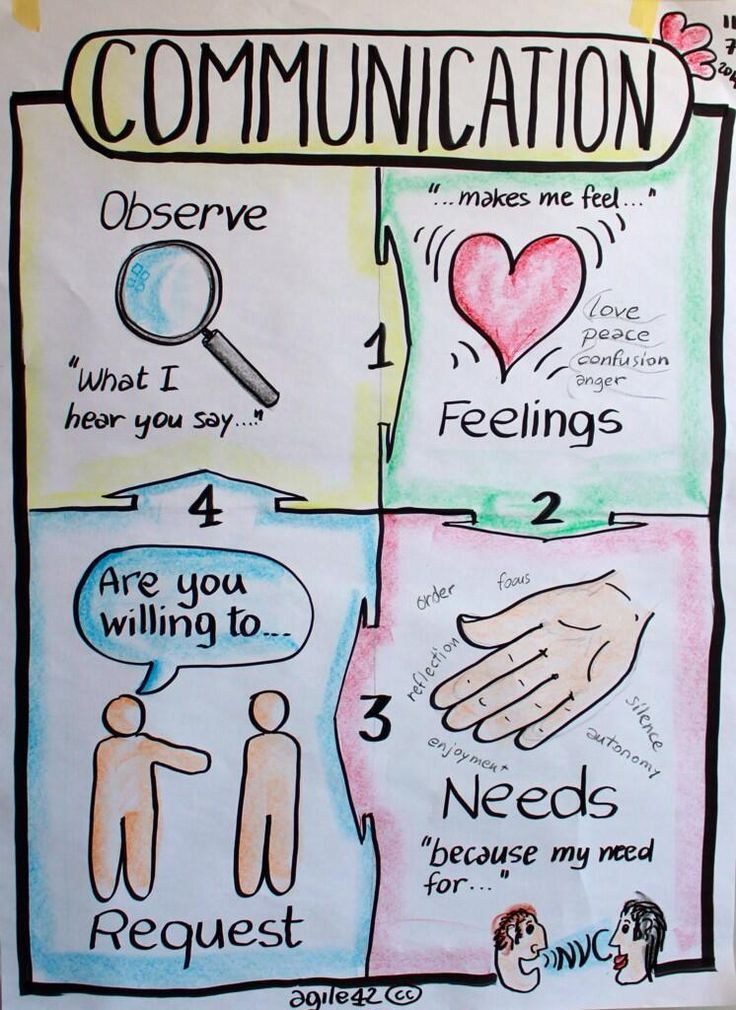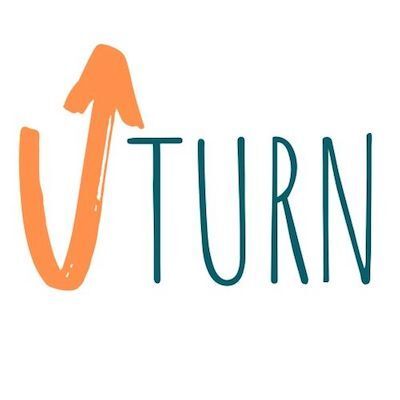On the right something known as the Eisenhower model. First, let determine the two axes.
1) important tasks are tasks where there is a lot at stake. Life & relationships for example. Future livelihoods or basic social needs. Preservation of nature. Also critical tasks with lots of interests of people and organisations, clients, financial interest or media attention.
2) urgent tasks are tasks that have a short-term deadline; they need to be done immediately, because exceeding or postponing the deadline isn't possible.
Now, make a list of all the tasks you have to do on a daily basis. Make them as specific as possible.
For example, I am not talking about 'administration' as a task, but rather 'processing registration of clients', 'making diagnostic reports' or 'visiting colleagues for ad hoc questions'. Try to see what consumes your time in a day and give the task a proper name.
